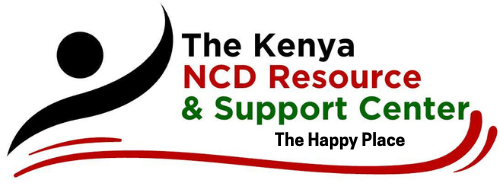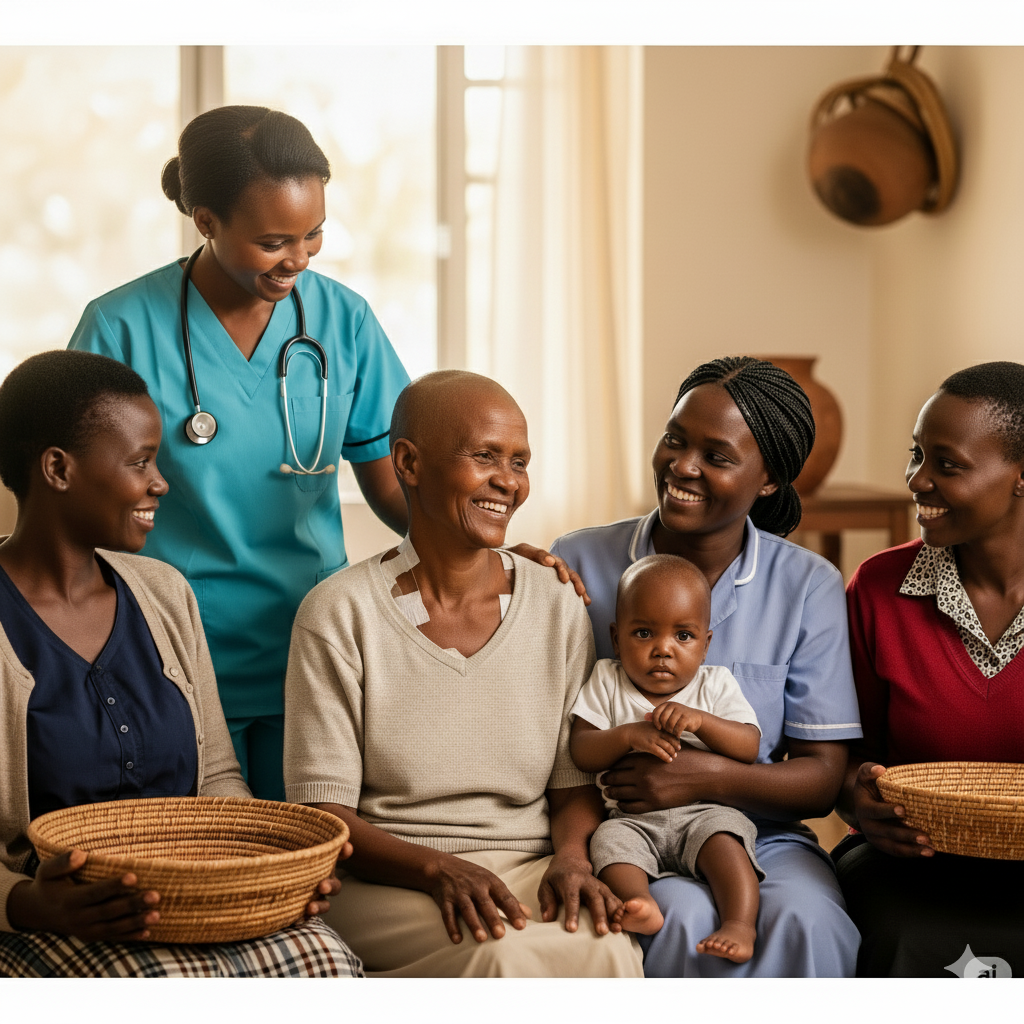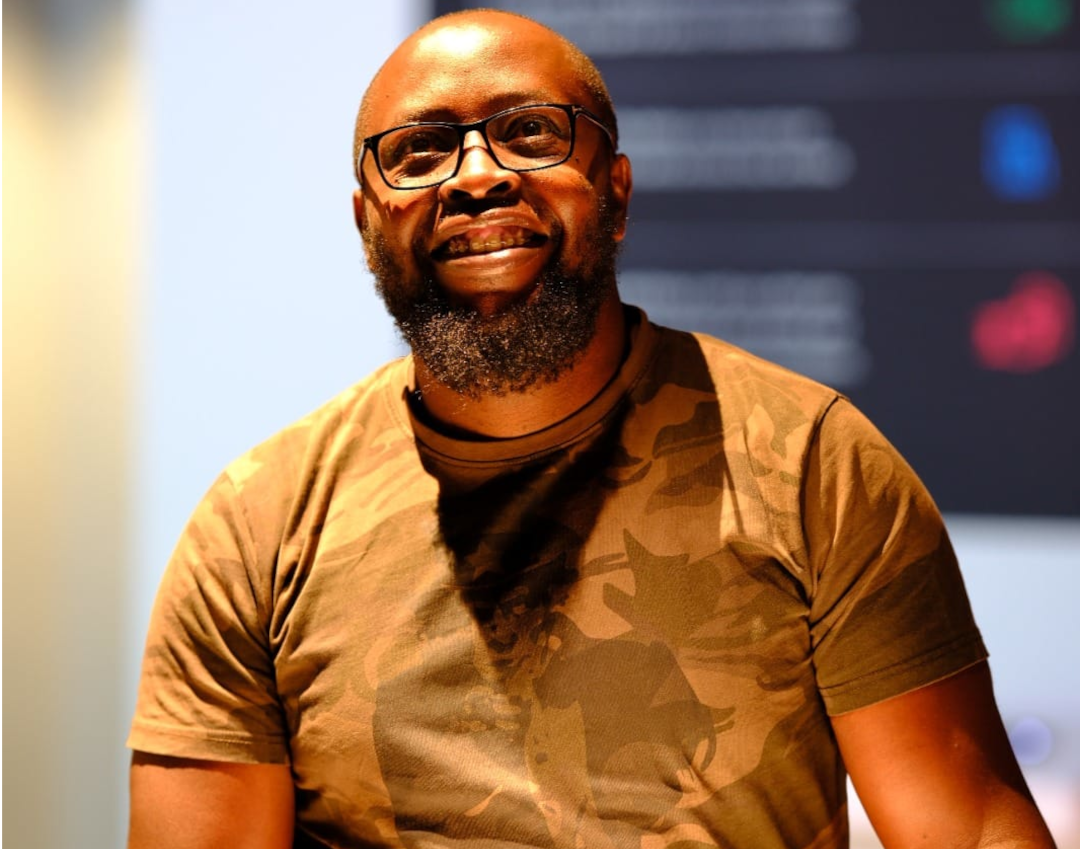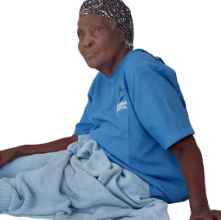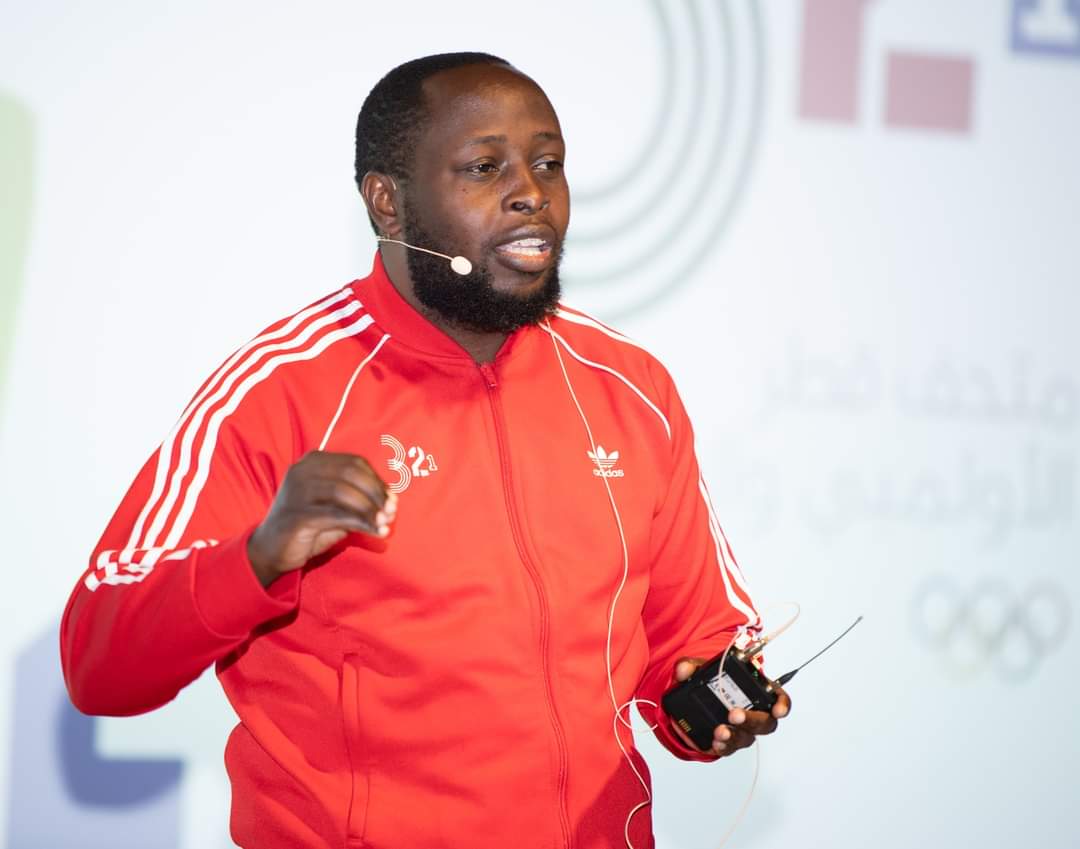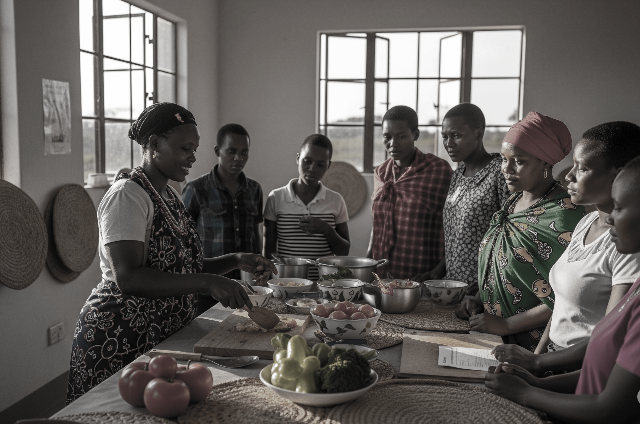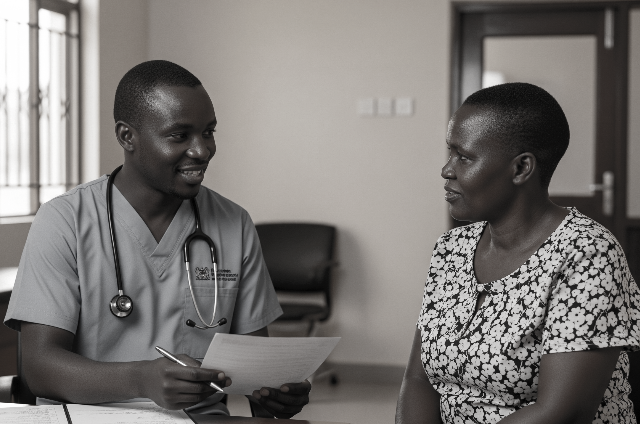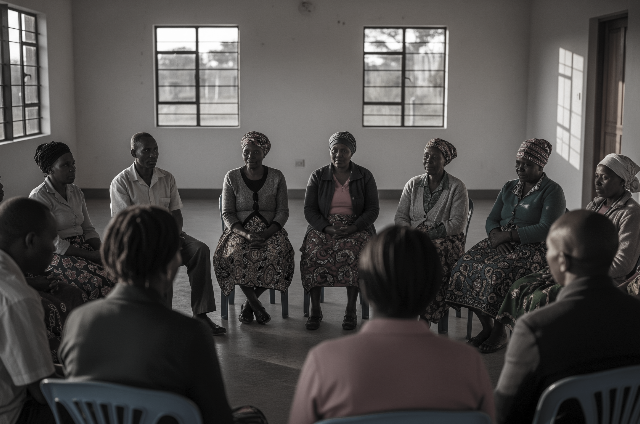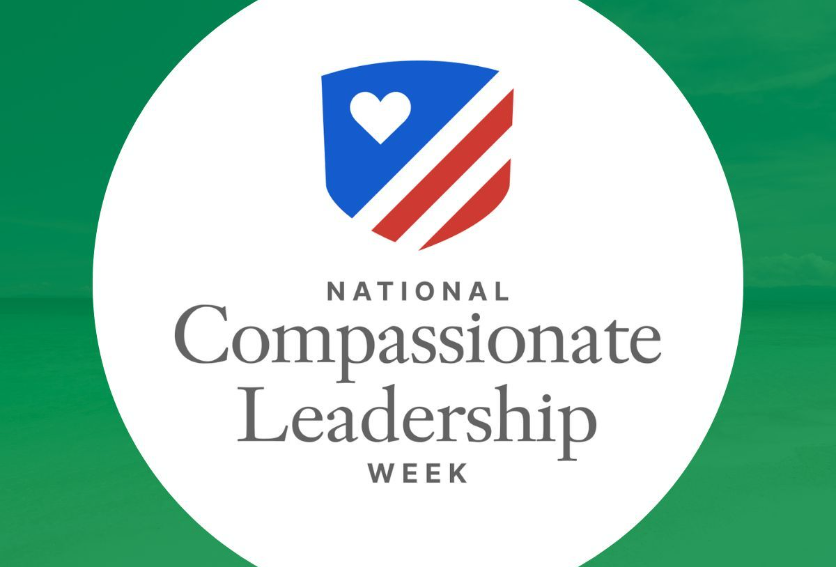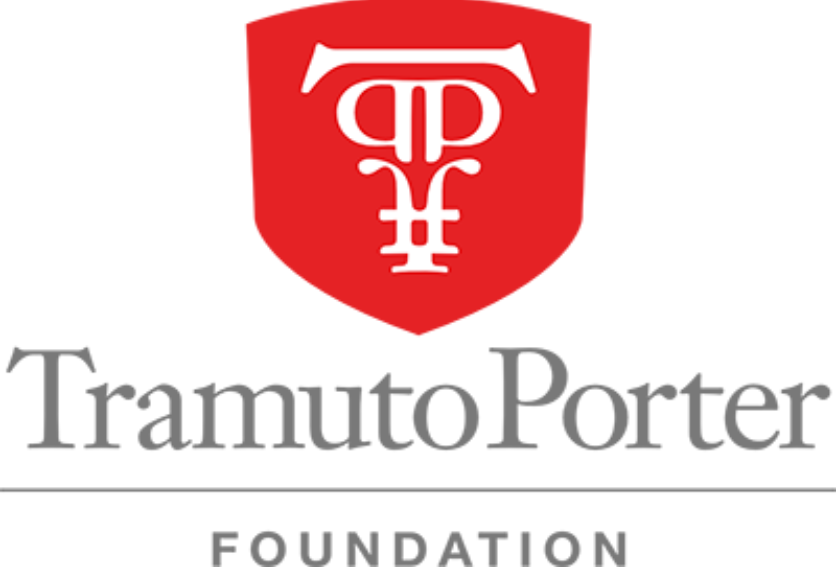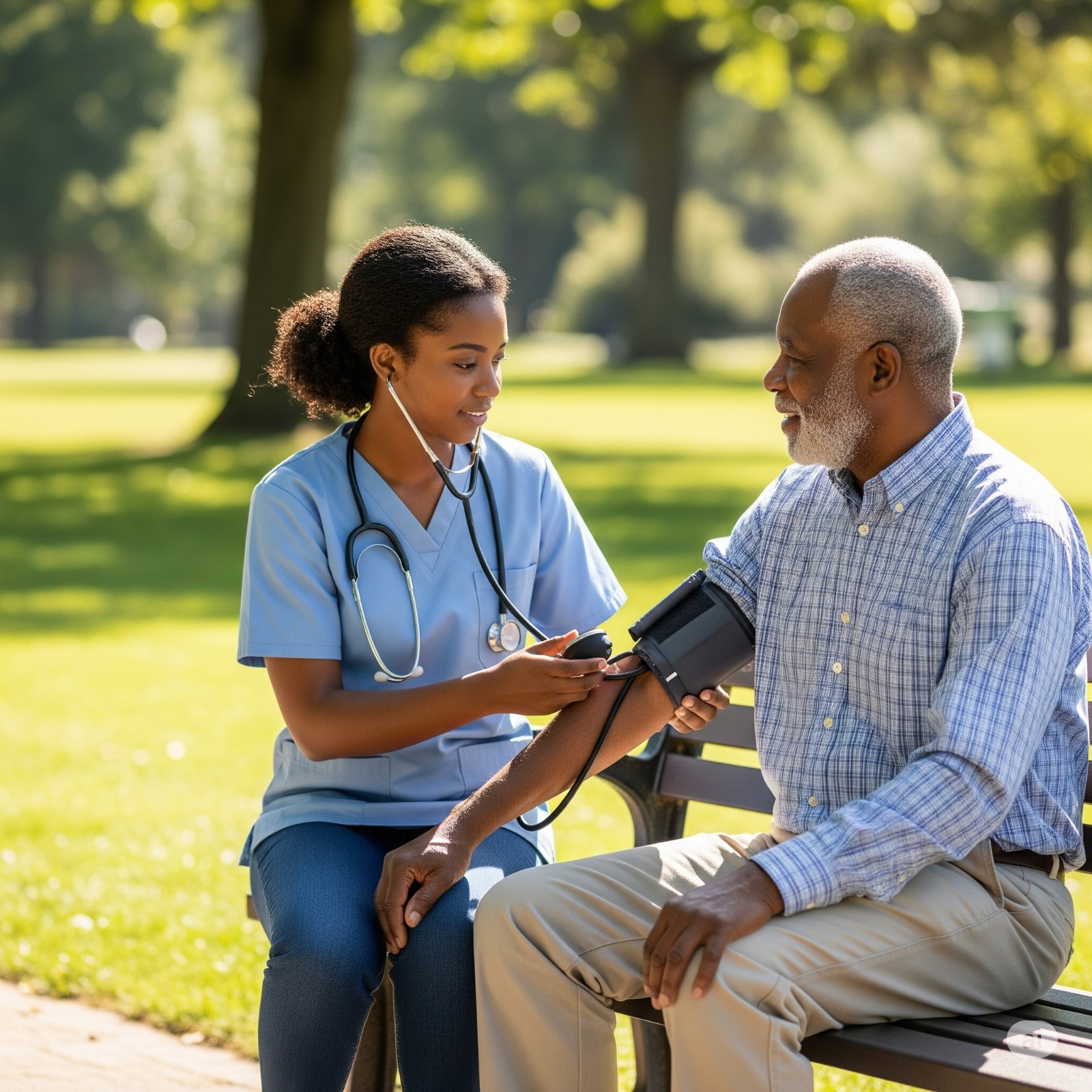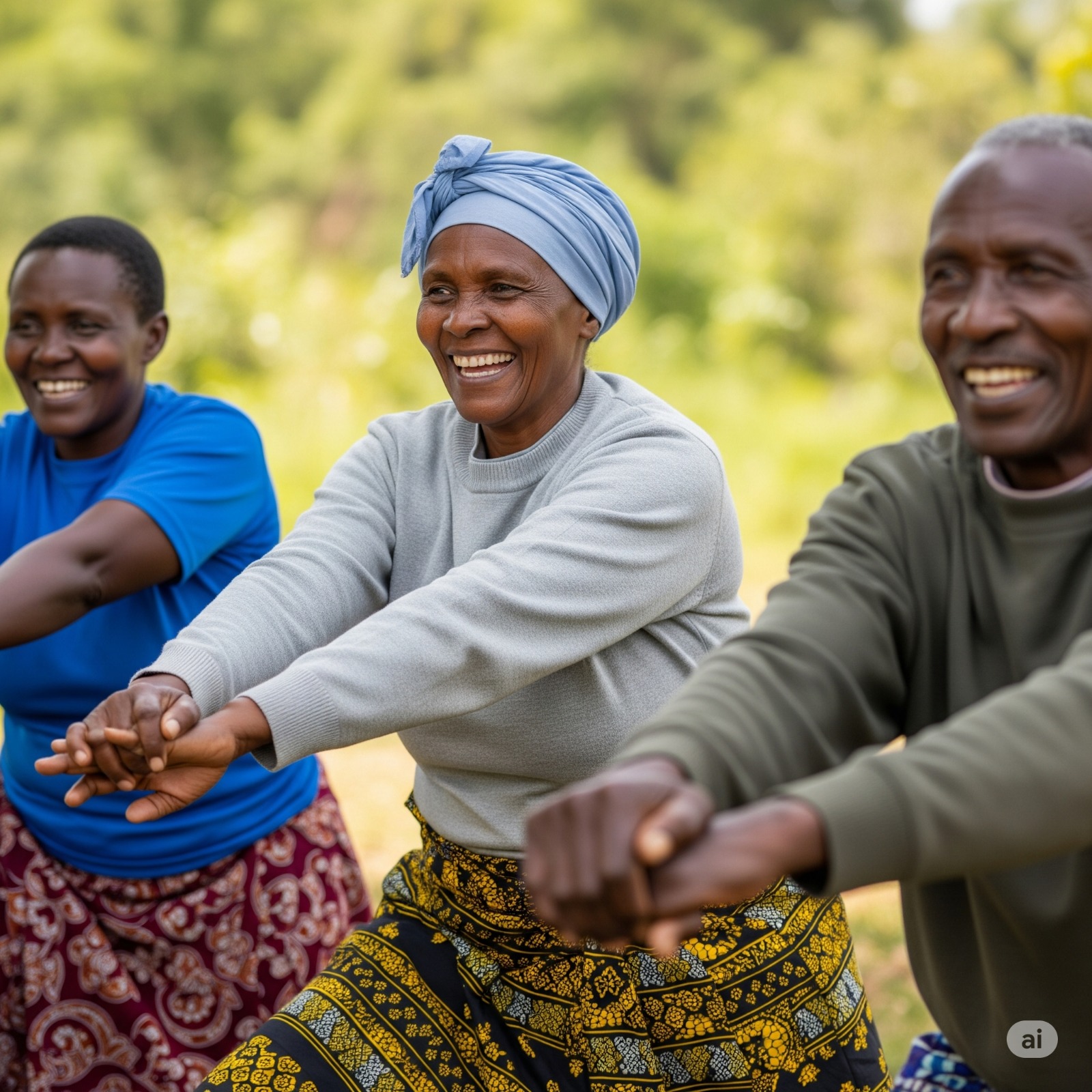Understanding the Urgent Need for Action
The Non-Communicable Diseases (NCDs) Crisis in Kenya
Non-communicable diseases (NCDs)—including cancer, heart disease, chronic respiratory diseases, and diabetes—have become the leading causes of death globally, accounting for approximately 75% of all deaths. In Kenya, NCDs are responsible for about 41% of all deaths, with cardiovascular diseases and cancers being the most prevalent. These diseases are increasingly affecting younger populations, with 22% of NCD-related deaths in Kenya occurring before the age of 40. This shift places immense pressure on healthcare systems and exacerbates economic challenges. In low- and middle-income countries like Kenya, limited access to prevention, early diagnosis, and care services contributes to the rising burden of NCDs. The escalating prevalence of NCDs underscores the urgent need for comprehensive public health strategies, including promoting healthy lifestyles, enhancing healthcare infrastructure, and ensuring equitable access to care.

